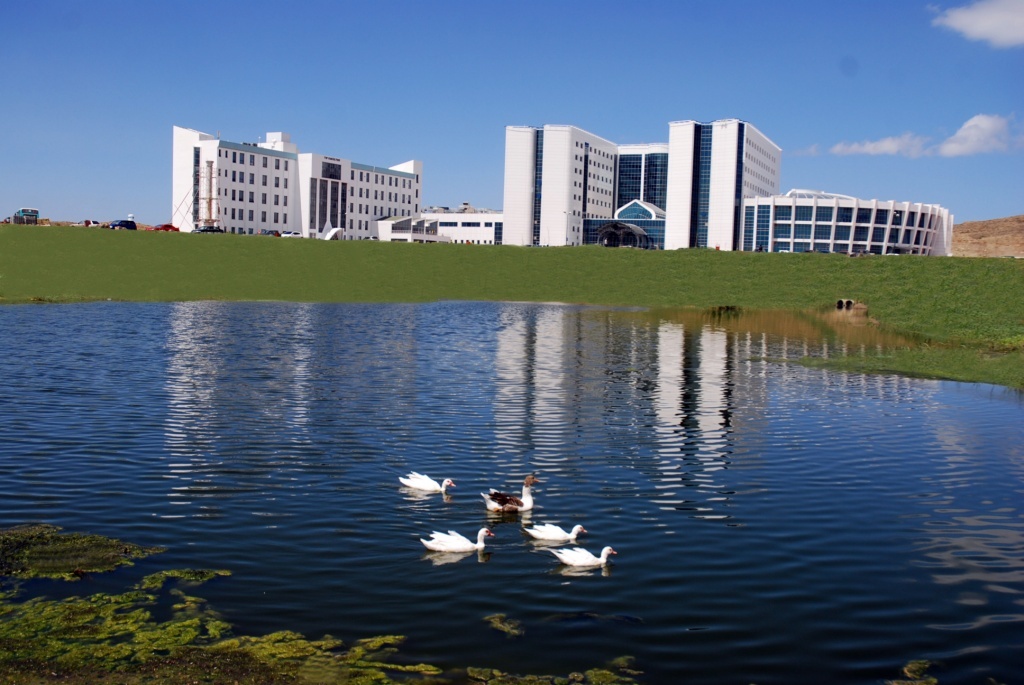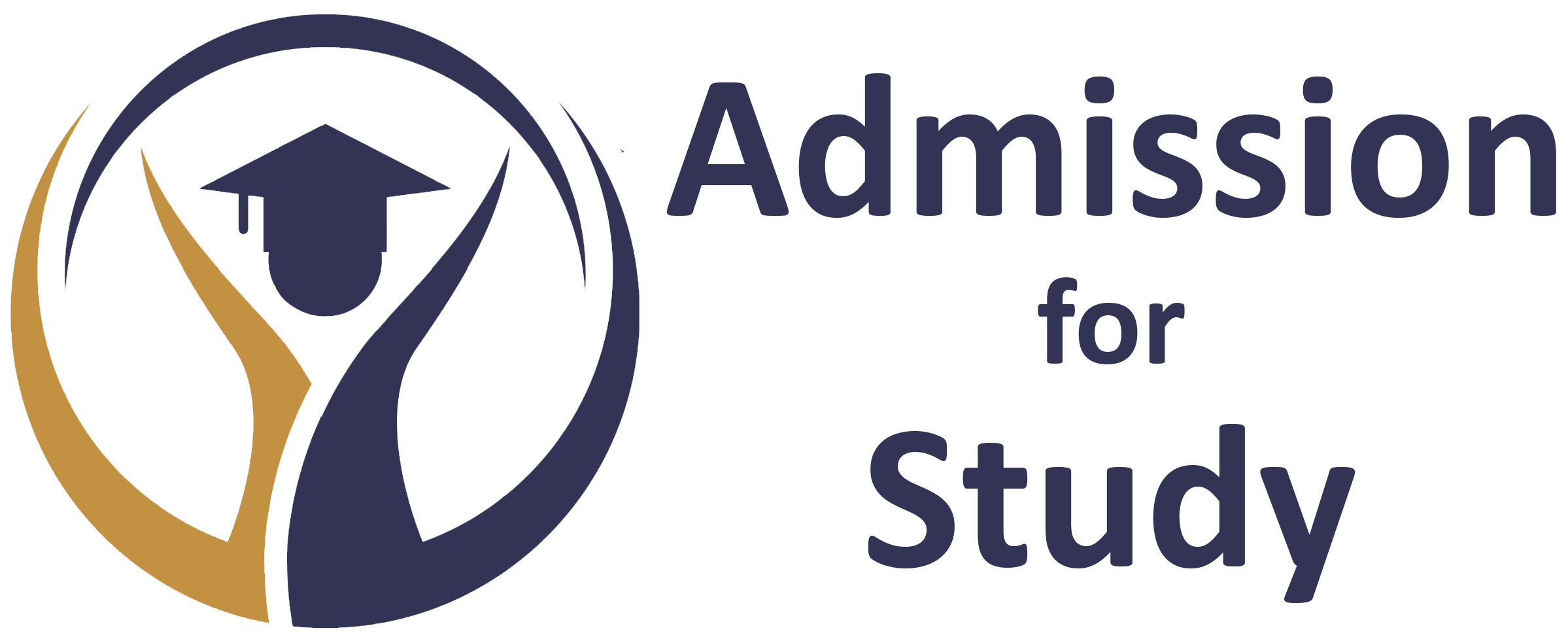Higher Education in North Cyprus

The higher education system in the Turkish Republic of Northern Cyprus (TRNC) is based on the Turkish higher education system and offers a variety of undergraduate and graduate programs to students. The system is regulated by the Higher Education Planning, Evaluation, Accreditation and Coordination Council (YODAK) which is responsible for the regulation and accreditation of higher education institutions in the country.
There are several public and private universities in TRNC, with the majority of them being private universities. The main Private university is the Near East University, which was established in 1988 and is located in Nicosia.

The main public/private university in the country is the Eastern Mediterranean University, which was established in 1979 and is located in Famagusta. Other universities include Girne American University, European University of Lefke, Cyprus International University, Adakent University, Bahçeşehir University, Cyprus West University, Cyprus Science University, Arucad University and the University of Kyrenia.
The academic year in TRNC starts in September and ends in June, with two semesters. The duration of undergraduate programs is typically four years, while graduate programs, including master’s and doctoral programs, usually take two years and four years, respectively.
The language of instruction in higher education institutions in TRNC is mainly English. However, some universities offer programs in Turkish and other languages, such as Russian or Arabic. Many universities in TRNC have also established partnerships with universities from around the world, allowing for student exchange programs and joint degree programs.
The admission process for higher education institutions in TRNC varies depending on the institution and program. Generally, students are required to take a university entrance exam, which is conducted by the national government. The exam assesses students’ knowledge in various subjects, including mathematics, science, social sciences, and foreign languages. Students who pass the exam are then eligible to apply to universities in TRNC.
The tuition fees for higher education programs in TRNC vary depending on the institution and program. Private universities typically have higher tuition fees than public universities. However, there are also scholarship opportunities available for eligible students, such as merit-based scholarships, need-based scholarships, and scholarships for international students.
In conclusion, the higher education system in TRNC offers a variety of programs to students in different fields of study. The system is regulated by YODAK and follows the Turkish higher education system. With its diverse programs, partnerships with universities around the world, and scholarship opportunities, TRNC is an attractive destination for students seeking quality higher education.

